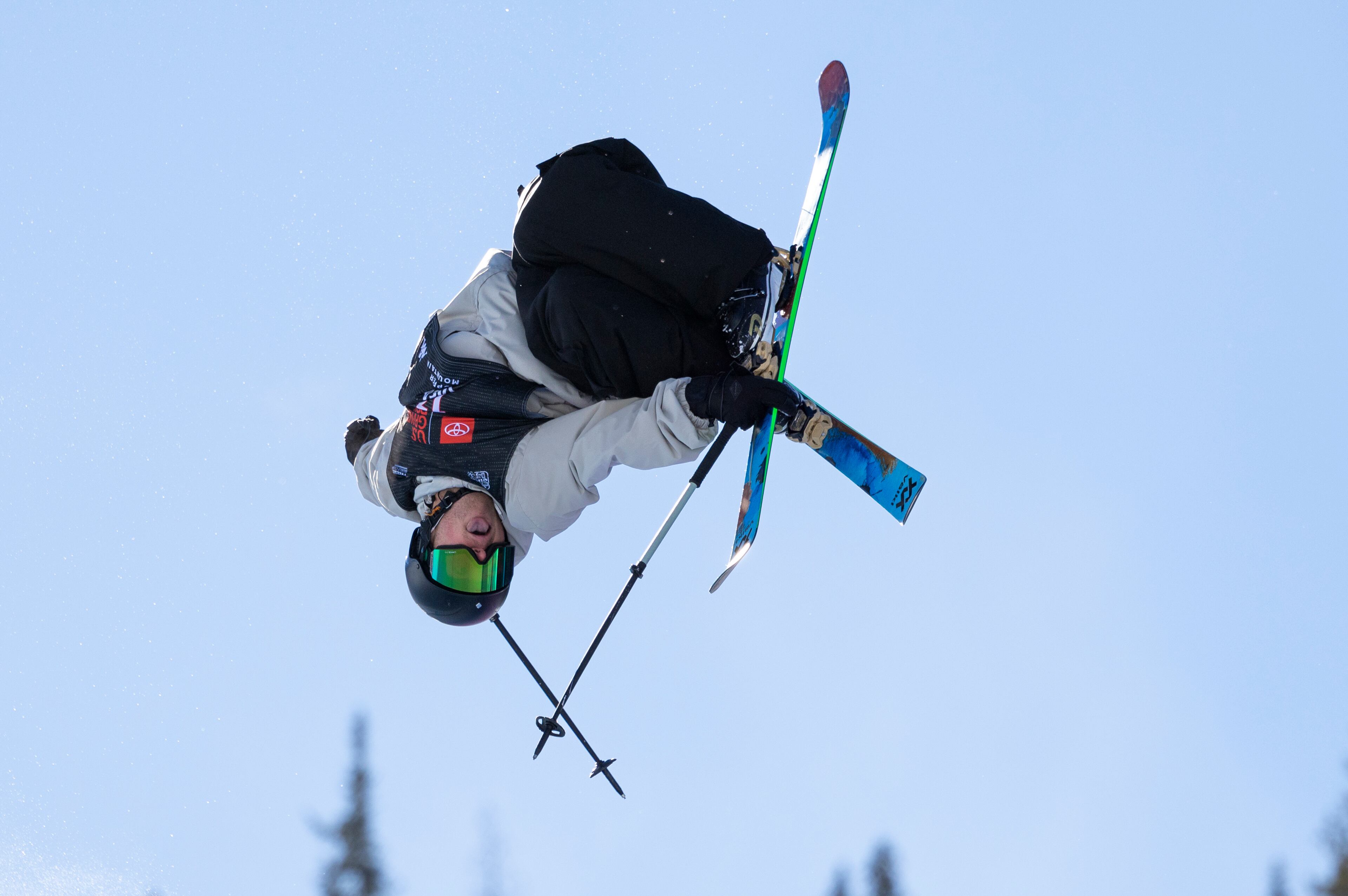Suicides rising among U.S. service members
The number of U.S. troops who took their own lives reached 260 in the first half of this year, a nearly 4% increase from the same period last year when 251 suicides were recorded in the military, according to a recently released report.
The Defense Suicide Prevention Office report does not provide statistics for military bases, several of which are located in Georgia. But between January and June, suicides among reservists totaled 44, up from 37 during the same time frame last year. Suicides among active-duty troops increased to 170 from 163. They dropped to 46 from 51 in the National Guard.
Military leaders cited many possible factors, including repeated war-zone deployments and financial concerns, anxiety and isolation amid the coronavirus pandemic. They have provided prevention training at military hospitals and clinics and are scrambling to boost mental health care and financial counseling.
“Some of the scientists have said they have not been able to show causation between COVID and suicides, but I would argue — at least my sense is — it is having an effect because it disconnects people,” U.S. Army Chief of Staff Gen. James McConville told reporters this month.
“And when we look at the after-action reports of soldiers that have died of suicide, it tends to be situations where relationships have gone bad, where they start to feel that they don’t belong — that they are a burden.”
Released last week, the report says it is too early to tell whether suicide rates will increase this year compared to last year, when 498 U.S. service members died by suicide. Of those, 344 were active-duty troops. The rate of suicide per 100,000 in their ranks was 25.9 last year, up from 22.1 in 2017.
“The DoD recognizes the potential impact of COVID-19 on the well-being of our Service members and families,” Karin Orvis, director of the Defense Suicide Prevention Office, wrote in the report covering the second quarter of this year. “During this time, we remain dedicated in our efforts to educate the force, support the force, and emphasize social connectedness.”
Located near Savannah, Fort Stewart has increased its suicide prevention training and awareness efforts. At Fort Gordon in Augusta, officials have begun a “Gun Lock Safety” program aimed at keeping firearms out of the hands of vulnerable people.
At Fort Benning, the sprawling base near Columbus, officials are teaching soldiers to identify struggling peers. Benning did not experienced an increase in suicides between the last two fiscal years, said Maj. Gen. Patrick Donahoe, commanding general of the Maneuver Center of Excellence and Benning.
“During this pandemic, the sense of isolation and separation might be overwhelming but nothing is further from the truth,” Donahoe said. “We must remain in contact with our teammates because we are in this together and no one should feel as if they are alone during this pandemic.”
The military is urging people experiencing crises to call the Veterans Crisis Line, which provides 24-hour confidential support for service members and their families, at 1-800-273-8255. Help is also available online at www.veteranscrisisline.net/get-help/chat.


